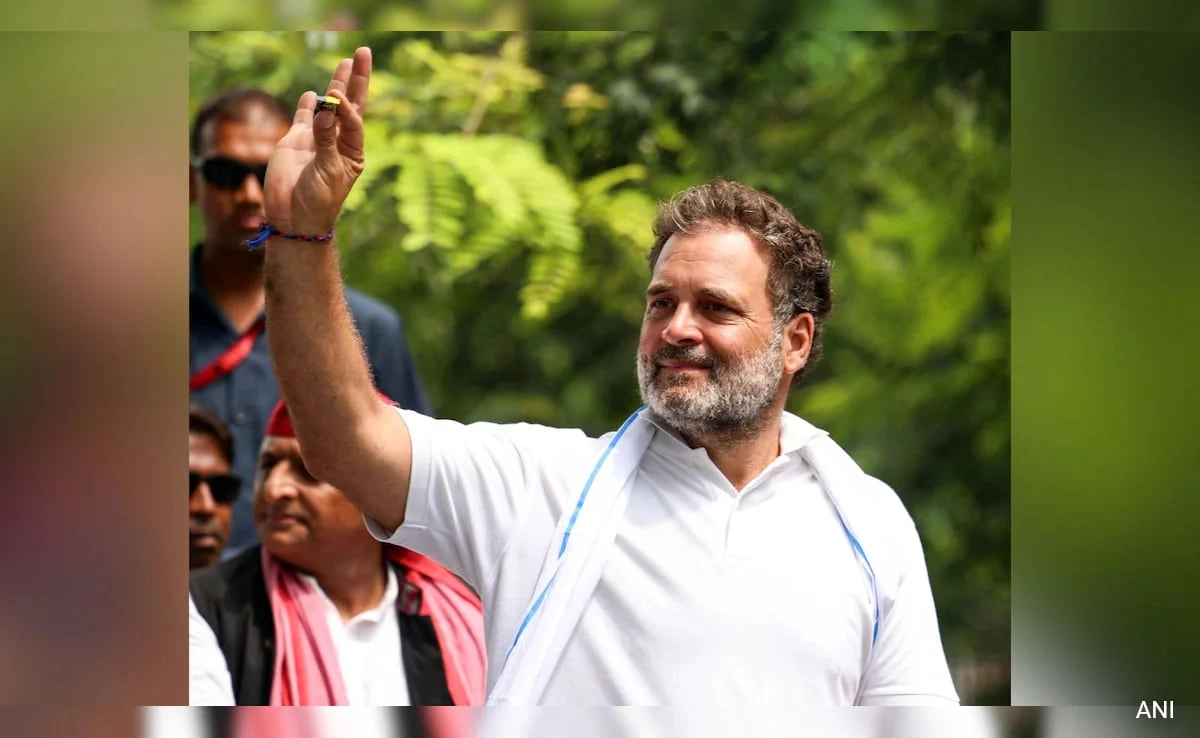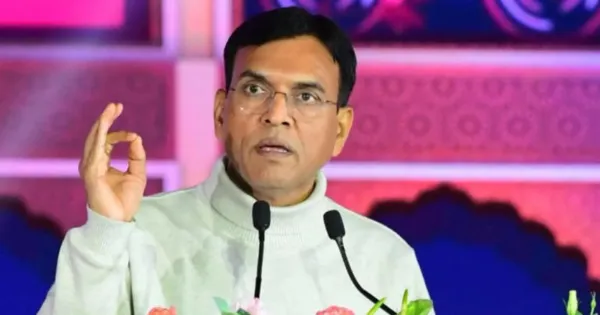During a rally in Bihar, Congress leader Rahul Gandhi encountered a provocative situation when a group of protestors greeted him with black flags. Instead of responding with anger or defensiveness, Gandhi demonstrated a unique approach by offering toffees to the dissenting crowd. This gesture was not just a simple act of kindness; it reflected his intent to engage with the protestors in a light-hearted manner, possibly aiming to diffuse the tension surrounding the rally.
The incident highlights a significant moment in contemporary Indian politics, where public demonstrations often reflect deeper societal issues and discontent. Gandhi’s decision to offer sweets to those expressing their disapproval serves as an interesting tactic, showcasing his willingness to confront criticism directly rather than shying away from it. By addressing the protestors in such a friendly manner, he attempted to bridge the gap between political leaders and the general populace, suggesting that dialogue and understanding can sometimes be more effective than confrontation.
This rally, like many others in the political landscape, underscores the polarization present in Indian society today. The black flags symbolized not just opposition to Gandhi but also a broader dissatisfaction with the political status quo. By responding with toffees, he may have aimed to convey a message of inclusivity and open dialogue, challenging the narrative that political discourse must always be combative. It raises questions about how politicians engage with dissent and the ways in which they can transform opposition into a conversation rather than a clash.
Ultimately, this moment at the Bihar rally serves as a reminder that political engagements can take many forms. Gandhi’s unconventional response could be seen as a strategic move to humanize himself in the eyes of the public and reshape the narrative around political protests. In an age where political polarization is rampant, such gestures might be vital in fostering a more civil discourse, encouraging leaders to listen to dissent rather than merely dismiss it. As the political landscape continues to evolve, Gandhi’s actions may inspire a new approach among politicians facing similar challenges in the future.




